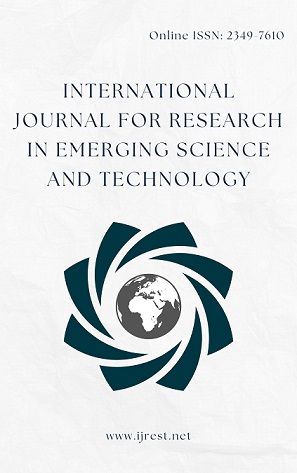Conflict of Interest Policy
Examples of potential conflicts of interest include employment, consultancies, stock ownership, honoraria, paid expert testimony, patent applications/registrations, and grants or other funding. Potential conflicts of interest should be disclosed to the Journal at the earliest possible stage.
All authors should disclose in their manuscript any financial or other relevant interest that might be construed to influence the results or interpretation of their work. All sources of financial support for the project should be disclosed.
Editors should recuse themselves from considering manuscripts (i.e. should ask a co-editor, associate editor or other members of the editorial board to review and consider) in which they have conflicts of interest resulting from competitive, collaborative, or other relationships or connections with any of the authors, companies, or (possibly) institutions connected to the papers.
Reviewers should not consider manuscripts in which they have conflicts of interest resulting from competitive, collaborative, or other relationships or connections with any of the authors, funders, or institutions connected to the paper or any relevant interests in organizations that might benefit or suffer from the publication of the work.



